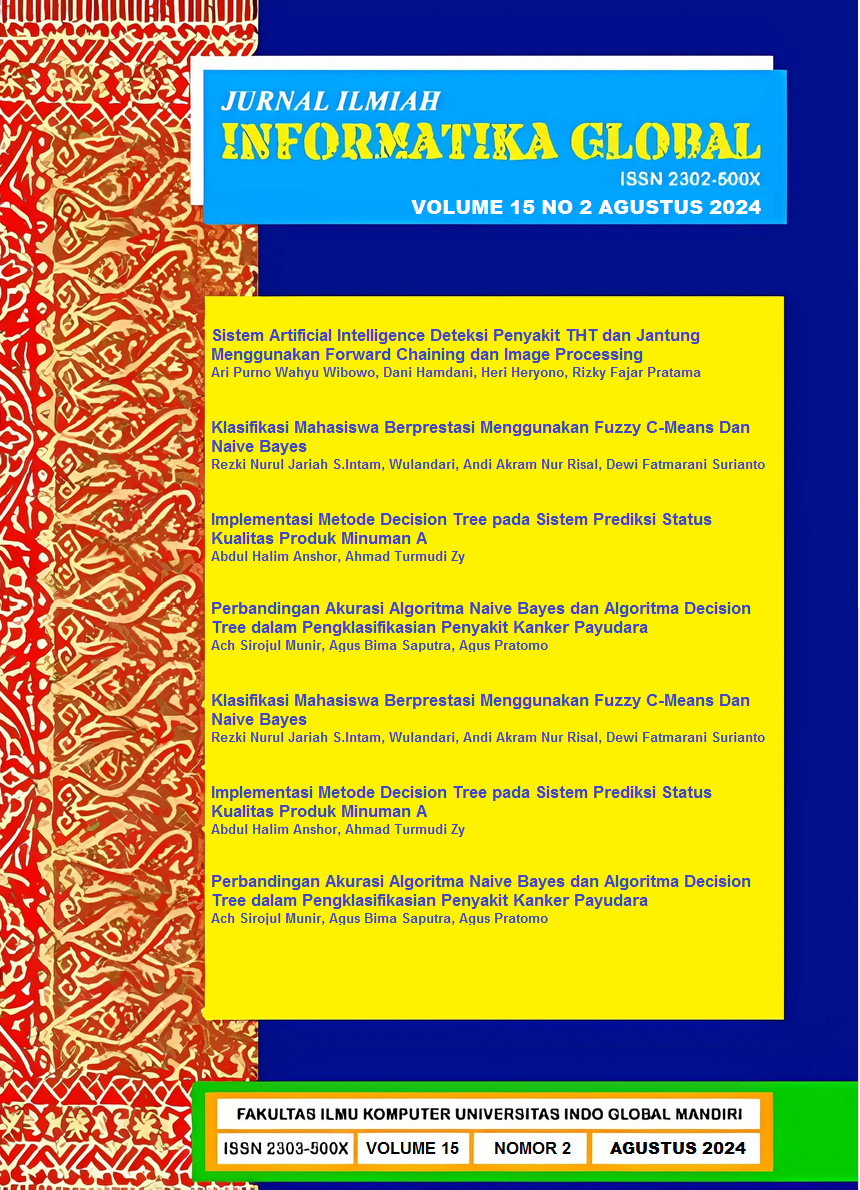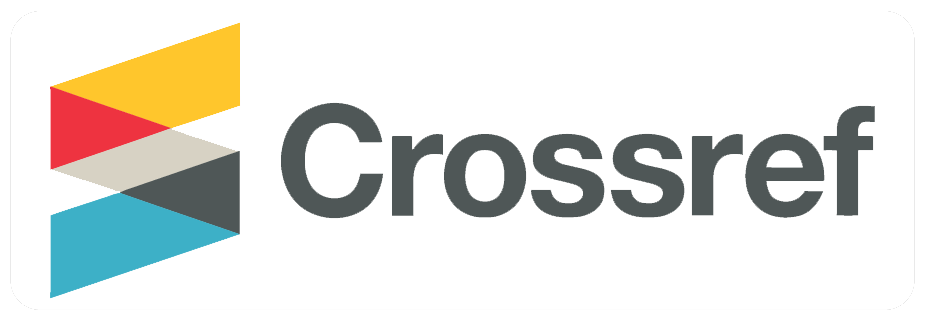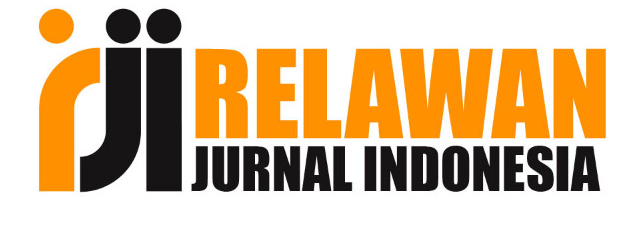Strategi MOOC untuk Meningkatkan Potensi Bakat Masyarakat dalam Pendidikan Ilmu Komputer dengan ADDIE dan Design Thinking
DOI:
https://doi.org/10.36982/jiig.v15i3.4742Abstrak
The development of digital-based education such as Massive Open Online Course (MOOC) has expanded public access to quality education without limits. However, the main challenge in developing MOOCs, especially in the field of computer science, is how to meet the diverse needs of users and create interactive learning experiences that are relevant to the world of work and easy to understand in their use for all groups. This study aims to develop a MOOC strategy that can increase the potential of community talent through the application of the ADDIE method (Analysis, Design, Development, Implementation, Evaluation) and the Design Thinking approach. ADDIE provides a systematic framework in course development, while Design Thinking ensures development focuses on user needs. The initial stage of this study highlighted the needs analysis to understand the challenges and expectations of users in computer science courses. In the design and development phase, interactive learning modules and simulations were created that were designed to increase participant engagement. The course was tested through a prototype at the implementation stage, which was then improved based on user feedback. An evaluation was conducted to assess the effectiveness of the course in improving participant skills and satisfaction, with an overall average result of 4.09, indicating that the course is feasible to be implemented widely. Course satisfaction and effectiveness were the most prominent aspects, with an average score of 4.45 and a percentage of 27%. These findings suggest that the combination of ADDIE and Design Thinking methods is effective in developing MOOCs that can improve access and quality of computer science education for the wider community, particularly through an approach that is responsive to user needs.
Unduhan
Diterbitkan
Cara Mengutip
Terbitan
Bagian
Lisensi

This work is licensed under a Creative Commons Attribution-ShareAlike 4.0 International License.












